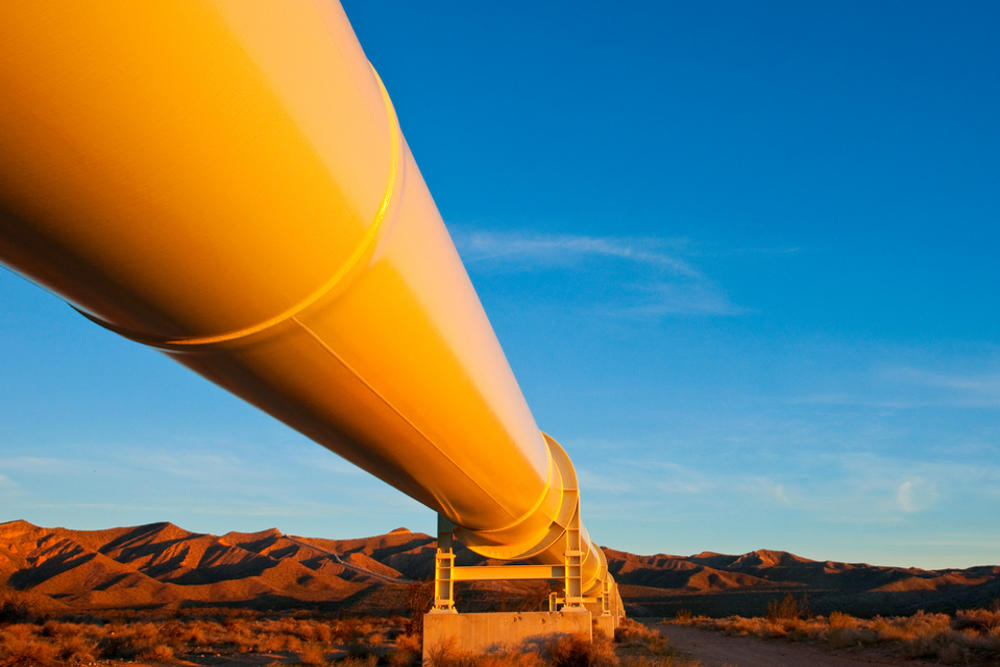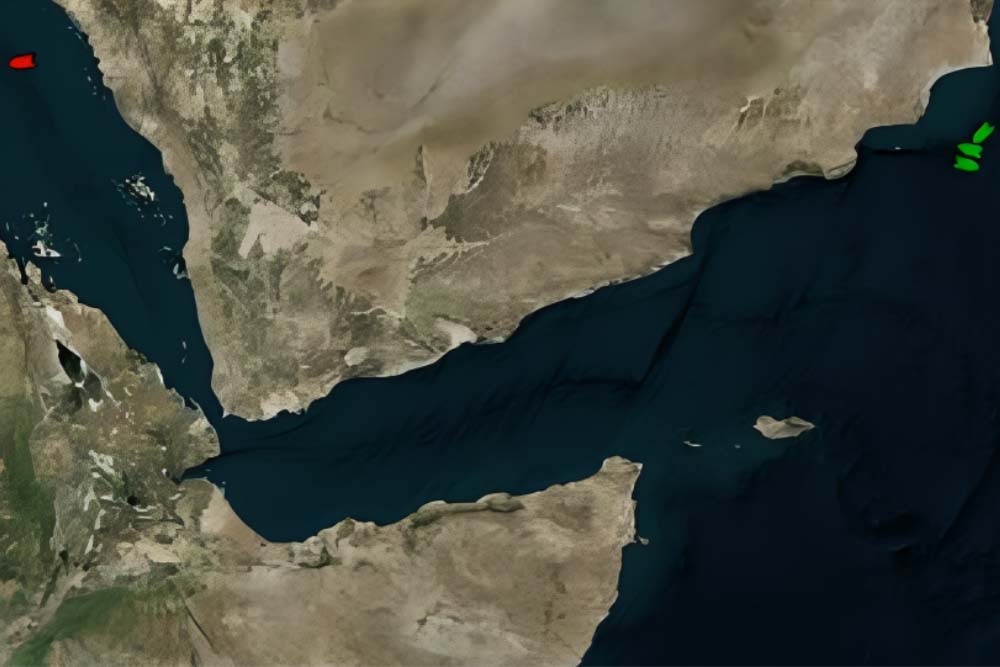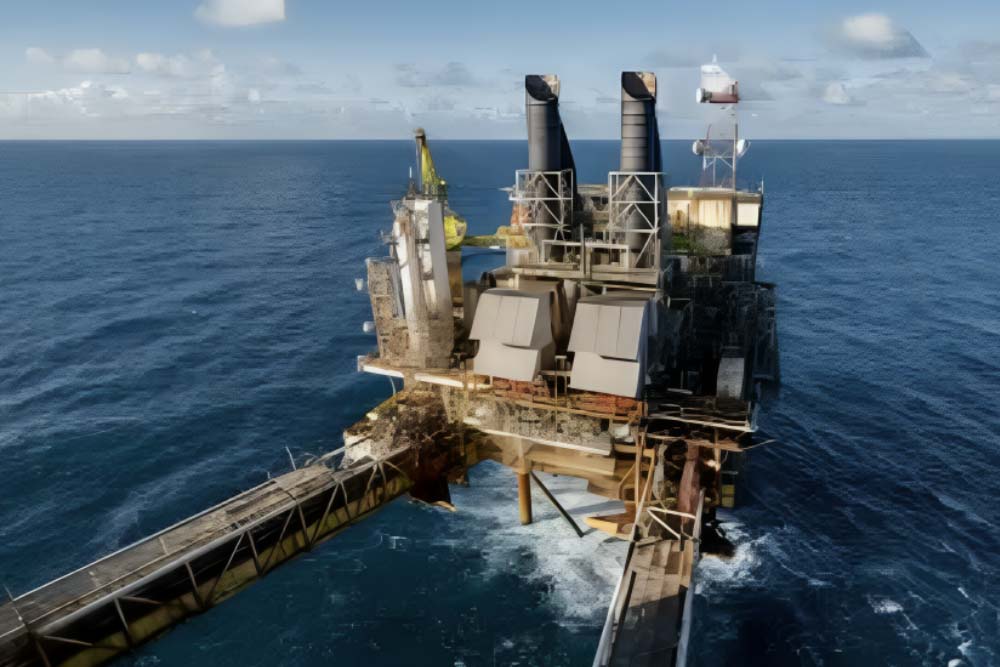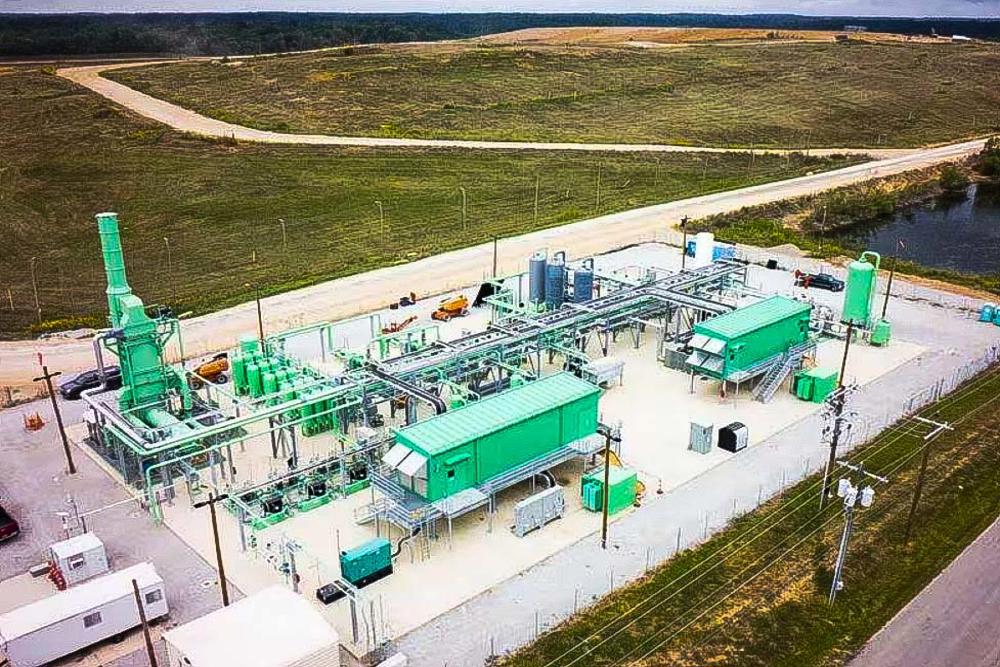
In a landmark move, BP has agreed to sell its entire business in Alaska to Hilcorp Alaska (an affiliate of Hilcorp Energy Company), based in Anchorage, Alaska.
Under the terms of the agreement, Hilcorp is set to purchase all of BP’s interests in the state for a total consideration of US$5.6 billion.
This comprises $4 billion payable near-term and $1.6 billion through an earn-out thereafter.
The sale will include BP’s entire upstream and midstream business in the state, including BP Exploration (Alaska) Inc., that owns all of BP’s upstream oil and gas interests in Alaska, and BP Pipelines (Alaska) Inc.’s interest in the Trans Alaska Pipeline System (TAPS).
Subject to state and federal regulatory approval, the transaction is expected to be completed in 2020.
On Monday, BP group chief executive, Bob Dudley, said that Alaska has been instrumental in BP’s growth and success for well over half a century and work there has helped shape the careers of many throughout the company.
“We are extraordinarily proud of the world-class business we have built, working alongside our partners and the State of Alaska, and the significant contributions it has made to Alaska’s economy and America’s energy security,” he said.
However, Mr Dudley detailed that they are steadily trying to reshape BP and that other opportunities, both in the US and around the world, are considered to be ‘more closely aligned’ with the company’s long-term strategy.
“This transaction also underpins our two-year $10 billion divestment programme, further strengthening our balance sheet and enabling us to pursue new advantaged opportunities for BP’s portfolio within our disciplined financial framework,” he commented.
Hilcorp has been operating in Alaska since 2012 and is today the largest private oil and gas operator in the state, currently operating more than 75,000 barrels of oil equivalent a day (boe/d) gross production. In 2014, Hilcorp purchased interests from BP in four operated Alaska North Slope oilfields.
“As a highly-capable operator with extensive Alaskan experience, Hilcorp is ideally placed to take this important business on into the future, continuing to optimise its performance and maximise its value for the State of Alaska. We are committed to a safe and smooth transition of operations so that our employees, partners and local, state and federal government officials all feel that we have handed over these important assets in the right way,” Mr Dudley concluded.
BP’s history in Alaska
BP began working in Alaska in 1959, drilling the confirmation well for the Prudhoe Bay oilfield in 1968 and helped develop the 800-mile Trans Alaska Pipeline in the mid-1970s.
BP began producing oil from Prudhoe Bay in 1977. The giant oilfield – the most prolific in US history – has produced over 13 billion barrels of oil and is estimated to have the potential to produce more than one billion further barrels.
BP operates Prudhoe Bay, with a working interest of 26 per cent, and holds non-operating interests in the producing Milne Point and Point Thomson fields.
It also holds non-operating interests in the Liberty project and exploration lease interests in the Arctic National Wildlife Refuge (ANWR). In addition to shares in TAPS and its operator the Alyeska Pipeline Service Company, BP is divesting its midstream interests in the Milne Point Pipeline and the Point Thomson Pipeline.
BP’s net oil production from Alaska in 2019 is expected to average almost 74,000 barrels a day. Approximately 1,600 employees are currently associated with BP’s Alaska business. The company states that it is committed to providing clarity about their future as soon as possible as part of the transition process with Hilcorp.
Interests included in the transaction:
Upstream oil and gas interests:
• Prudhoe Bay, 26 per cent (operator BP);
• Milne Point, 50 per cent (operator Hilcorp);
• Point Thomson, 32 per cent (operator ExxonMobil).
• Liberty project, 50 per cent (operator Hilcorp);
• Non-operating interests in exploration leases in ANWR.
Midstream pipeline interests:
• Trans Alaska Pipeline System, 49 per cent;
• Alyeska Pipeline Service Company, 49 per cent;
• Point Thomson Export Pipeline, 32 per cent;
• Milne Point Pipeline, 50 per cent.
Other:
• Prince William Sound Oil Spill Response Corporation, 25 per cent.








